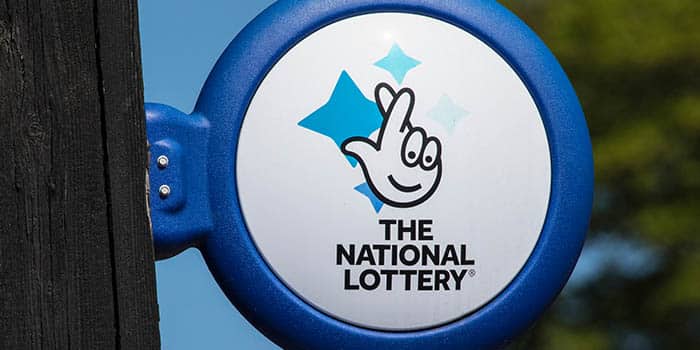- Casino
- By State
- Alabama
- Alaska
- Arizona
- Arkansas
- California
- Colorado
- Connecticut
- Delaware
- Georgia
- Florida
- Hawaii
- Idaho
- Illinois
- Indiana
- Iowa
- Kansas
- Kentucky
- Louisiana
- Maine
- Massachusetts
- Maryland
- Michigan
- Minnesota
- Mississippi
- Missouri
- Montana
- Nebraska
- Nevada
- New Hampshire
- New Jersey
- New Mexico
- New York
- North Carolina
- North Dakota
- Ohio
- Oklahoma
- Oregon
- Pennsylvania
- Rhode Island
- South Carolina
- South Dakota
- Tennessee
- Texas
- Utah
- Vermont
- Virginia
- Washington
- West Virginia
- Wisconsin
- Wyoming
- By State
- Slots
- Poker
- Sports
- Esports
Survey: United Kingdom Problem Gambling Falls to 0.3%

According to a survey, problem gambling in the United Kingdom has dropped to 0.3%. This statistic is based on 4,009 questioned bettors. For comparison, in September 2020, the Gambling Commission of Great Britain reported double this number.
The Results of the Recent Survey
The data reveals other curious findings. According to the survey, the highest decline in problem gambling is among men, whose rate used to be 0.8% but is now only 0.3%. The data also tells us that the total number of people at risk has also fallen down – it used to be 4% in 2020 and is currently 2.9%. The people at moderate risk of problem gambling have also dropped to 0.7%. There wasn’t a significant change in the numbers of people at low risk of harm.
Out of all the questioned gamblers, 42% reported having gambled within a month before the survey, compared to the 46.7% of people in the 2020’s survey. Only 28.3% of the ones who did gamble did so in the week prior to the survey. On the contrary, 18% said that they aren’t regular gamblers and place less than one bet a month.
Retail gambling has dropped significantly in favor of online gambling. The number of live gamblers has dropped by almost 5% (from 28.6% to 23.9%) and the numbers of online gamblers have increased by more than 7% (from 17.7% to 25%).
People’s preferred gambling outlets varied. The National Lottery continues to be the to-go choice of 26.5% of most gamblers. Other 12.8% preferred its lottery competitors and 7.8% stuck to scratchcards. Sports bettors made up 5.6% and slot gamblers sat at 3.4%.
The Numbers Show that Moderate Measures Work
Michael Dugher, the chief executive officer of the Betting and Gaming Council, spoke about the favorable numbers. The council’s vision is to establish a world-class betting ecosystem that promotes informed choices and responsible gambling. Dugher believes that the drop in problem gambling attests that the council is doing its job.
“Our initiatives have included using advertising to promote safer gambling tools like deposit limits and time-outs, investing more in research and treatment, funding an education program provided by GamCare and YGAM, implementing the credit card ban and introducing tough new rules on VIP schemes and changes game design, as well as using technology to intervene with customers online”
BGC chief executive Michael Dugher
He added that the results prove that an evidence-led approach works better than adopting a “prohibitionist approach”. Dugher explained that the prohibitionist approach damages the majority of players who don’t experience gambling harm and in turn damages the industry. He added that bans often lead to risk groups migrating to the illegal alternatives instead of overcoming their addictions. Not only does this damage the economy but it also makes it harder to help such people. This is why a moderate approach is better, Dugher said. He concluded that he is happy that the government agrees.
Speaking of the prohibitionist approach, British opponents of gambling recently demanded government action against Camelot’s online offerings. Even more recently, they slammed William Hill’s decision to offer food in five of its venues.
Yasmin is an accomplished iGaming and gaming journalist with over 10 years of experience writing for various publications. Her expertise spans the entire iGaming sector, traditional sports, and online poker. Yasmin's comprehensive knowledge of online gaming adds significant depth to our coverage, making her an invaluable asset to our team.
Must Read
Industry
June 27, 2025
Las Vegas Sphere Bashed for Charging $170 for Pizza
Industry
June 30, 2025
New Zealand Presses On with iGaming Legislation
More Articles















